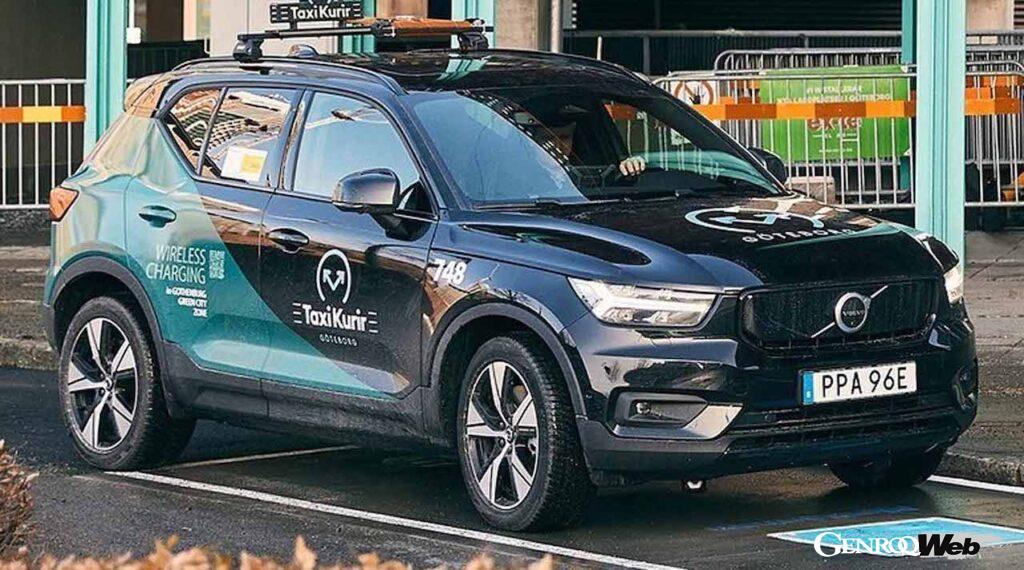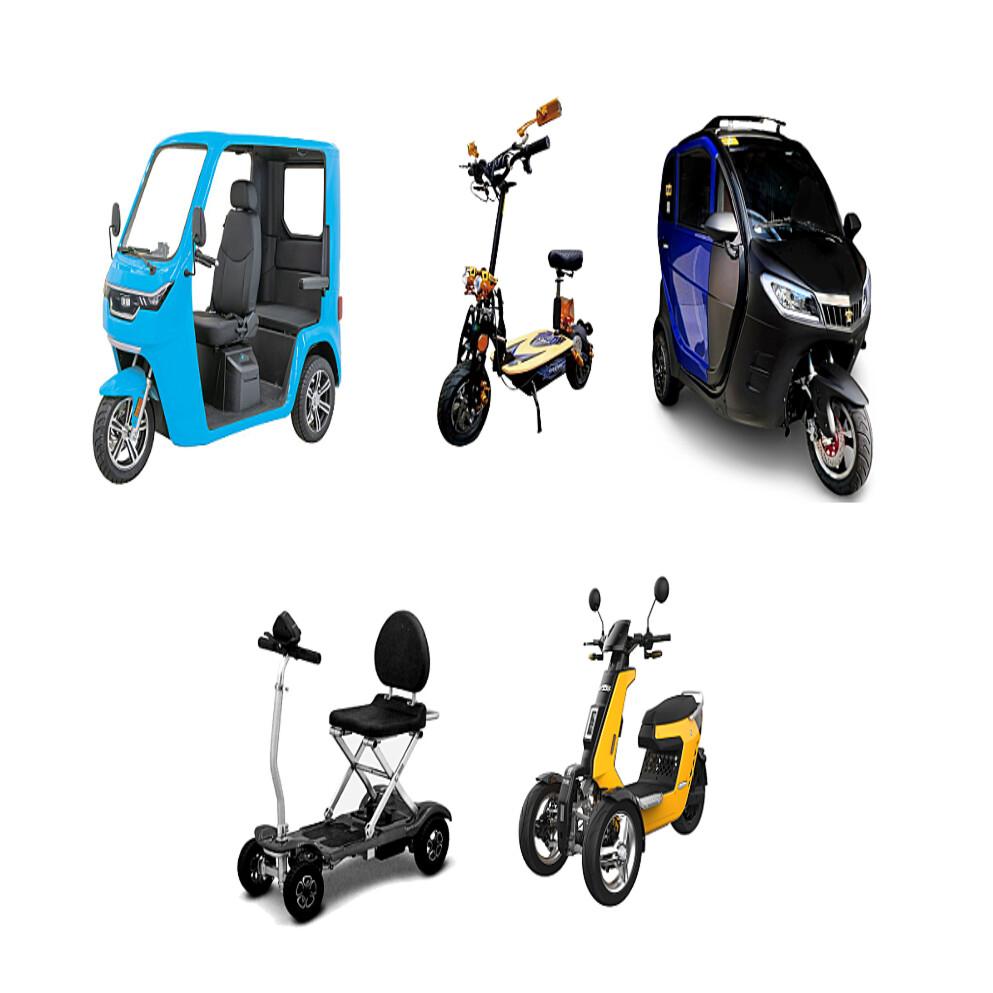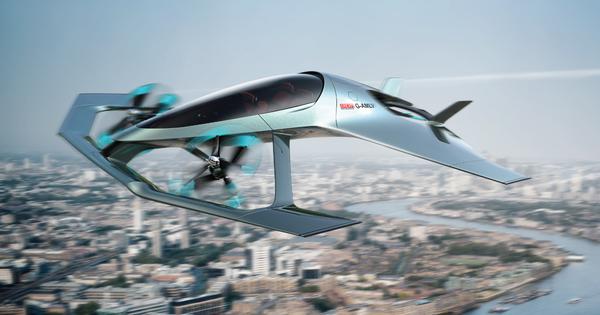Volvo conducts three-year wireless...
17
02
Volvo conducts three-year wireless charging demonstration in Sweden with XC40 and road-embedded charging pads
Volvo is testing a new wireless charging technology that it hopes to introduce to its future electric vehicle range.
A troupe of electric XC40 cars are participating in the three-year test in Sweden. It operates as a taxi and charges at stations developed by a company called Momentum Dynamics.
The station sends energy from charging pads embedded in the road, which is picked up by a receiving unit inside the XC40. To better match each pad, the XC40 is equipped with a 360-degree camera and the pad is said to be capable of charging over 40kW.

This test verifies the durability of a commercial EV by using the XC40 for more than 12 hours a day and recording a mileage of 100,000 km per year.
“The Gothenburg Green City Zone will allow us to test exciting new technologies in a real-world environment and take the time to evaluate them for wider adoption in the future,” said Mats, head of research and development at Volvo. Moberg explains.
"Testing new charging technologies with selected partners is a good way to evaluate alternative charging options for our future vehicles," he added.
For a successful UK rollout, why not kill two birds with one stone by sticking wireless pads into potholes all over the country? Charging will be fixed overnight. Thanks for the good idea! No, you're welcome.
Gas shop window
= Overseas reaction = "It's a small battery, but isn't the McLaren Speedtail already equipped with wireless charging? I always think it's strange that it's not already common with electric cars. Garage You could put your pad on the hood and charge your car while it's parked there without thinking or doing anything." ↑ "Wireless charging is inefficient, wasteful and generates a lot of waste heat. In mobile phones it works because it's convenient and the charging power is very small, but it's still around 40% efficient?Imagine charging an EV with 20kW of power, 10% of which goes to waste. Even if it heats up, it's 2000W so it's on par with a space heater, but unlike a space heater, this is the bad kind of heat that warms up the charger, especially the battery, so it's hard to get inside the plastic, cables, clips, and even the car. I wouldn't use wireless charging at this power level unless I wanted to melt some of the EV, but then the charging power level would be so low that I would have to wait a week to fully charge the EV. ↑ "I agree with the principle of what you're saying, but I think your numbers are a bit pessimistic. Even plug-in systems have conversion losses between AC and DC that can lead to conversion losses of around 96%." You may only get efficiency, and wireless charging in cars is said to be up to 92% efficient, so there are certainly more losses, but there are engineering solutions to deal with this. , will probably end up testing these.But the real question I have in mind is not whether it's possible, but whether people will be happy that at least 4% of the power is effectively wasted For example, would anyone want to use a gas station where a robot would unscrew the fuel filler cap and fill it up for them while they were sitting in their car?"↑ "But pessimistic After all, I may be the one who designs these solutions, simulates them, and makes what the dreamers tend to dream come true.92 How do you get the % figure, and whether or not people will be happy to tinker with gigantic heavy packs weighing dozens of kilograms of copper stuffed with extreme precision to charge batteries? I'm skeptical, unless you're a weirdo whose charged car transforms and approaches the charger on its own, it might work. As for those who embrace inefficiency, before Apple switched to ARM, people were willing to buy Intel-powered Macbooks, even though they were inefficient, underpowered, and expensive. Making wireless charging a cool, premium feature is always going to work to sell the idea, even if it's a waste in hindsight." "In my opinion, the EV charging infrastructure All available car parks should be expanded to charge EVs so you don't have to queue for charging stations with only 5 (10) total spots, but that would be costly and long to implement. It will take years.”


![[Kill personally developed games] Top class in app history! Too beautiful water puzzle "a [Q] ua" | Famitsu App for smartphone game information [Kill personally developed games] Top class in app history! Too beautiful water puzzle "a [Q] ua" | Famitsu App for smartphone game information](https://website-google-hk.oss-cn-hongkong.aliyuncs.com/drawing/article_results_7/2022/3/3/66755df992ff2d2b1e1ab43844ef9f88_0.jpeg)





![[Latest in 2021] 10 recommended seat covers for cars!If you want to improve the texture and functionality of the car, choose the mounting type and material. [Latest in 2021] 10 recommended seat covers for cars!If you want to improve the texture and functionality of the car, choose the mounting type and material.](https://website-google-hk.oss-cn-hongkong.aliyuncs.com/drawing/article_results_7/2022/3/3/e5b44589e77141f3a633189165fb6f60_0.jpeg)